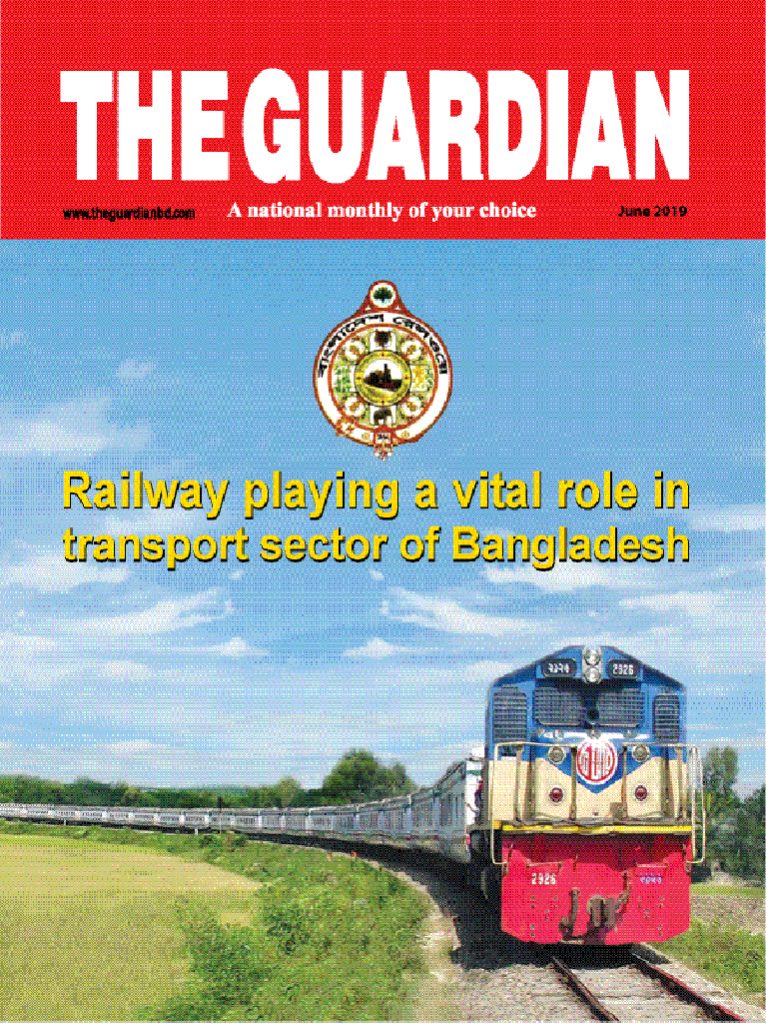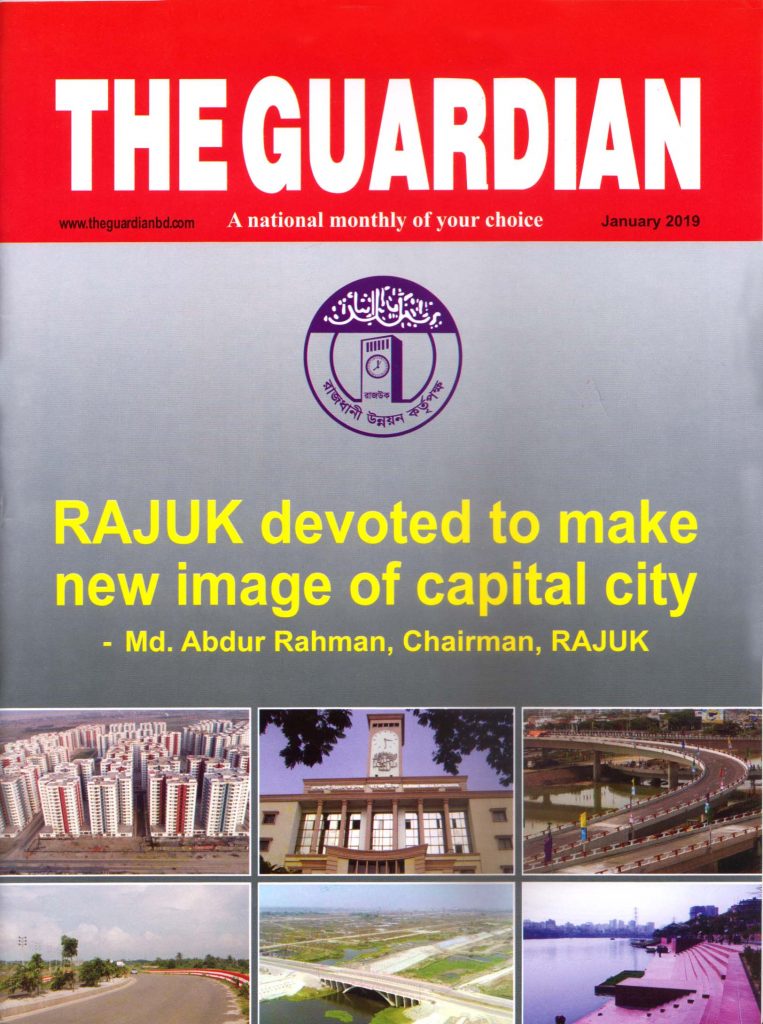Abstract: To remain competitive in this global business world, organizations often find it necessary to undertake major changes that affect their processes and people. Therefore, change management is seen as a permanent business function to improve efficiency and keep organizations adaptable to the competitive marketplace. Many organizations strategically use change to improve organizational effectiveness. But bringing about successful change in today’s competitive environment requires thoughtful planning, effective communication and employee acceptance. The roles of HR Professionals are also changing due to dramatic rate of change in today’s organizations. Successful organizations are becoming more adaptive, resilient, quick to change direction and customer-centered. Within this environment, the HR professional, who is considered necessary by line managers, is a strategic partner, an employee sponsor or advocate, an administrative expert, a change mentor and so on.
Introduction
We’ve all heard the pithy cliches about change: nobody likes change…change is the only constant…inertia is easier than change. But for human resources professionals, maybe Woodrow Wilson’s quote sums it up best: “If you want to make enemies, try to change something.” Change is constant in today’s business environment. It is a daily companion for owners, executives and HR professionals (people with substantial specialized and technical knowledge of HR issues, laws, policies, and practices) that want to their companies to succeed by staying a step ahead of their business competitors.
The rate of organizational change has not slowed in recent years, and may even be increasing. The rapid and continual innovation in technology is driving changes to organizational systems and processes. Witness the startling growth of the internet, which is enabling much faster and easier access to knowledge. Add to this the increased expectations of employees as they move more freely between organizations. And, of course, globalization has seen the tearing down of previous international market barriers. It is no wonder that relentless change has become a fact of organizational life.
Justification of the study
Traditionally, HR departments often had limited involvement in the total organization’s business affairs and goals (Poole, 1999; Procter and Currie, 1999). HR managers were often only concerned with making staffing plans, providing specific job training programs, or running annual performance appraisal programs (the results of which were sometimes put in the files, never to be used).
They focused on the short-term–perhaps day-t-day needs of human resources. With the growing importance of human resources to the success of the business, HR managers and their departments have become more involved in the business. Again ‘change’ has become inevitable in today’s organizations. The needs of the organizations are changing.
Objective of the study
In this competitive business world, where change is inevitable, the roles of HR Professionals are changing constantly. HR Professionals are facing more or less new difficulty in managing organizational change. They are not confined to the so called traditional activities of personnel management. To remain competitive, they must play new roles which are closely linked to the success or failure of organizational change. The main intent of this study is to find out the emerging roles of HR Professionals in driving organizational change.
The emerging roles of HR professionals in driving organizational change
There is no doubt that globalization has made the business world extremely competitive. Change has become inevitable in many business organizations because it is the question of survival of today’s business organizations.
These inevitable and constant changes have also made the roles of HR professional challenging. HR Professionals are supposed to play the roles that are parallel to the needs of changing situations. They have to come out from the traditional roles framework. Any kind of change, whether it is small or big, makes a distance between management and employees. The expectation of management from employees is changing. At the same time, the expectation of employees from management is also changing. HR Professionals must recognize that employees and management have the different concerns that create a gap between them. HR Professionals can play a significant role here as ‘a gap reducer’. If they think of these differences as two sides of a coin it will be easier to understand – the management team and staff may have different views but they are connected as summarized in the following table:
HR Professionals need to show employees why the changes are necessary and point out how the changes will have a positive effect on them. At the same time they have to inform the management regarding how the employees can be affected due to change. The positive role of HR Professionals will ultimately bridge the gaps between the management and the employees.
The biggest role for human resources occurs during the pre-announcement phase of any change. This is the phase that is most often overlooked. At this stage HR Professional must answer the following questions:
w What happens before the announcement?
w What does it mean?
w How much will it cost?
w Why are we doing it?
w Who will be affected?
w What are the current and future implications?
The answers to these questions will provide the context for the change. This information can then be used to develop a roadmap for the implementation and communication phases of the project.
HR Professionals should play the role as a ‘transformational leader’ in the planning stage. They should initiate bold strategic changes to position the organization for its future (Newstrom & Davis, 2002).They should articulate a vision and promote it vigorously which will, help employees rise above their narrow focus on their individual jobs or departments to see a broader picture. They are supposed to create learning individuals and learning organizations that will be better prepared for the unknown challenges that lie ahead. It is extremely important because it is better to make the employees early prepared for any unknown change rather than to make the employees prepared at the time of changing. Creating a culture for change is the prerequisite for sustainable organizational change. HR Professionals should build ‘change’ as a part of organizational culture.
Let’s use running for office as an example. Candidates don’t just show up at the polls on Election Day shouting, “Vote for me!” There is a strategic plan behind the campaign. Candidates develop a platform informing voters about where they stand on issues, and what is important to them. They attend house parties and campaign meetings and participate in debates months in advance. And most importantly, they talk to voters to get feedback.
HR managers should take a cue from campaign managers. They need to communicate their ideas, give time for them to sink in, and talk with employees about their concerns and opportunities. When HR managers have an appropriate amount of time in the pre-announcement phase to work with employees, they can try to identify concerns, recognize areas of resistance, and put components of support in place to address them head-on.
Strategic Partner
In today’s organizations, to guarantee their viability and ability to contribute, HR managers need to think of themselves as strategic partners. In this role, the HR person contributes to the development of and the accomplishment of the organization-wide business plan and objectives. The HR business objectives are established to support the attainment of the changing strategic business plan and objectives. The HR Professional should be deeply knowledgeable about the design of changed work systems in which people succeed and contribute. This strategic partnership impacts HR services such as the design of work positions; hiring; reward, recognition and strategic pay; performance development and appraisal systems; career and succession planning; and employee development.
Employee Advocate
As an employee sponsor or advocate, the HR manager plays an integral role in managing organizational change via his knowledge about and advocacy of people.
This advocacy includes expertise in how to create a work environment in which people will choose to be motivated, contributing, and happy. Fostering effective methods of goal setting, communication and empowerment through responsibility, builds employee ownership of the organization. The HR professional helps establish the organizational culture and climate for change in which people have the competency, concern and commitment to serve customers well. In this role, the HR manager provides employee development opportunities, employee assistance programs, gain sharing and profit-sharing strategies, organization development interventions, due process approaches to problem solving and regularly scheduled communication opportunities.
Change Champion
The constant evaluation of the effectiveness of the organization results in the need for the HR professional to frequently champion change.
Both knowledge about and the ability to execute successful change strategies make the HR professional exceptionally valued. Knowing how to link change to the strategic needs of the organization will minimize employee dissatisfaction and resistance to change. The HR professional contributes to the organization by constantly assessing the effectiveness of the HR function. He also sponsors change in other departments and in work practices. To promote the overall success of his organization, he champions the identification of the organizational mission, vision, values, goals and action plans. Finally, he helps determine the measures that will tell his organization how well it is succeeding in all of this.
Conclusion
The role of the Human Resource Manager is evolving with the change in competitive market environment and the realization that Human Resource Management must play a’ more strategic role in the success of an organization. With the increase in competition, locally or globally, organizations must become more adaptable, resilient, agile, and customer-focused to succeed. And within this change in environment, the HR professional has to evolve to become a strategic partner, an employee sponsor or advocate, and a change mentor within the organization. In order to succeed, HR must be a business driven function with a thorough understanding of the organization’s big picture and be able to influence key decisions and policies. In general, the focus of today’s HR Manager is on strategic personnel retention and talents development. HR professionals will be coaches, counselors, mentors, and succession planners to help motivate organization’s members and their loyalty.
References
Chew, Man Min. Mindy, Cheng, S.L. Joseph, & Lazarvic, Petrovic. Sonia.”Managerial role in implementing organizational change: Case of the restaurant industry in Melbourne”. Journal of global business and Technology, Volume 2, No.1, Spring 2006, P.1
Coetsee, L. 1999. “From Resistance to Commitment.” Public Administration Quarterly, 23: 204-222.
Dale, Hendricks.1989.”The elements of successful organizational change”. Industrial Management, 31(2): 4-5
Griffin, W. Ricky. 2006. Management. 8th edition. Houghton Mifflin Company: Boston . P.7
Kirkpatrick, D.L. 1985. “How to Manage Change Effectively.” San Francisco: JosseyBars.
Lawrenct, P.R. 1954. “How to Deal with Resistance to Change.” Harvard Business Review, 32(3): 49-57.
Lewin, Kurt. 1947. “Frontiers in Group Dynamics.” Human Relations, 1: 5-41. Lewin, Kurt. 1951. “Field Theory in Social Science.” New York: Harper and Row.
Newstorm, W. John. & Davis, Keith. Organizational behavior: human behavior at Work. 11th edition. Tata McGraw-Hill. P. 346.
O’Connor, C.A. 1993. “Resistance: The Repercussions of Change.” Leadership and Organizational Development Journal, 14(6): 30-36.
Robbins, P. Stephen, & Judge, A. Timothy. 2009. Organizational behavior. 13th Edition. Prentice Hall: New York. P. 657
Ulrich, Dave. 1997. “Human Resource Champions: The next agenda for adding value and delivering results.” Harvard Business School Press: Boston.
Walkup, Carolyn.1997. Build a positive culture by including personal values. Nation’s Restaurant News, 31(23): 70.










